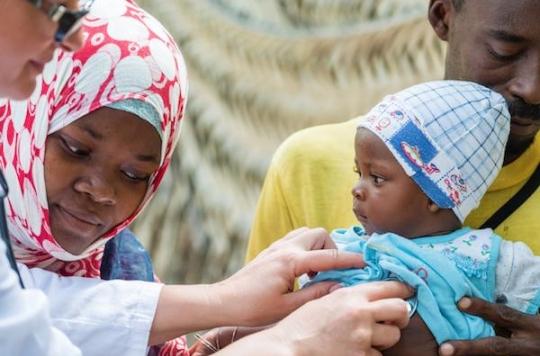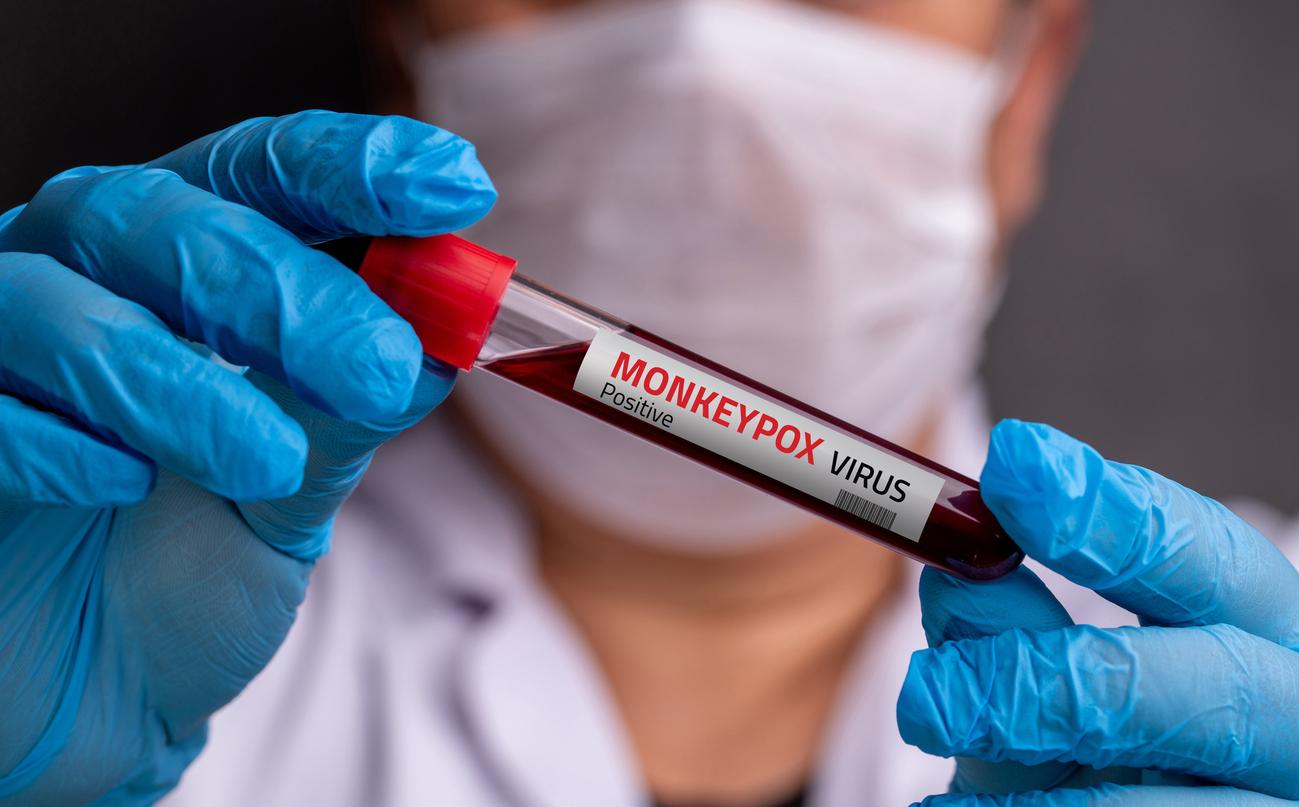The Ebola virus is still raging in the Democratic Republic of Congo and has already killed 49 out of 90 reported cases. Is there a vaccine? Where are the researchers at?

An umpteenth Ebola epidemic has raged since July in the Democratic Republic of Congo, the second since May 2018. The epidemic has already killed 49 people out of 90 reported cases, according to the latest epidemiological situation bulletin from the Congolese Ministry of Health. Remember that the disease has also affected other African countries such as Guinea, Liberia and Sierra Leone.
Faced with the risk of re-emergence of the virus, researchers from the PREVAC consortium (Partnership for Research on Ebola VACcination), report on the progress made on vaccines against Ebola in the journal The Lancet.
No approved treatment or vaccine
At present, there is no approved treatment or vaccine to control the Ebola virus. However, two promising vaccines are being tested, including the rVSVΔG-ZEBOV-GP vaccine which has been used since August 9, 2018, in response to the new epidemic in the Democratic Republic of Congo. The second vaccine, Ad26.ZEBOV (requiring a booster 8 weeks later with the MVA-BN-Filo vaccine), is also being evaluated.
In The Lancet, the researchers summarize their concerns about these two new vaccines, namely: a better understanding of the immune response to anti-Ebola vaccines, the question of the speed and durability of the immune response (and therefore of the protection) of people vaccinated, the safety and ability of the vaccine in children to elicit an immune response, as well as the nature of the responses in immunocompromised persons and pregnant women.
Immunization strategies
“It is important to study different scenarios of vaccination strategies and different vaccines to respond more effectively to the future outbreaks“, also note the authors.” These strategies include contact and post-exposure vaccination, targeted preventive vaccination and generalized preventive vaccination of populations at risk such as healthcare professionals and people residing in areas of recurrent outbreaks. , they add.
Ebola is an infectious agent which causes often hemorrhagic fevers in humans and other primates. Its mortality rate ranges from 25 to 90% in humans. During the deadly epidemic that raged between 2013 and 2016, Liberia (4.5 million inhabitants) was the country most affected. Of the 11,300 dead mainly concentrated in Liberia, Guinea and Sierra Leone, 4,800 were recorded in the first.
.















